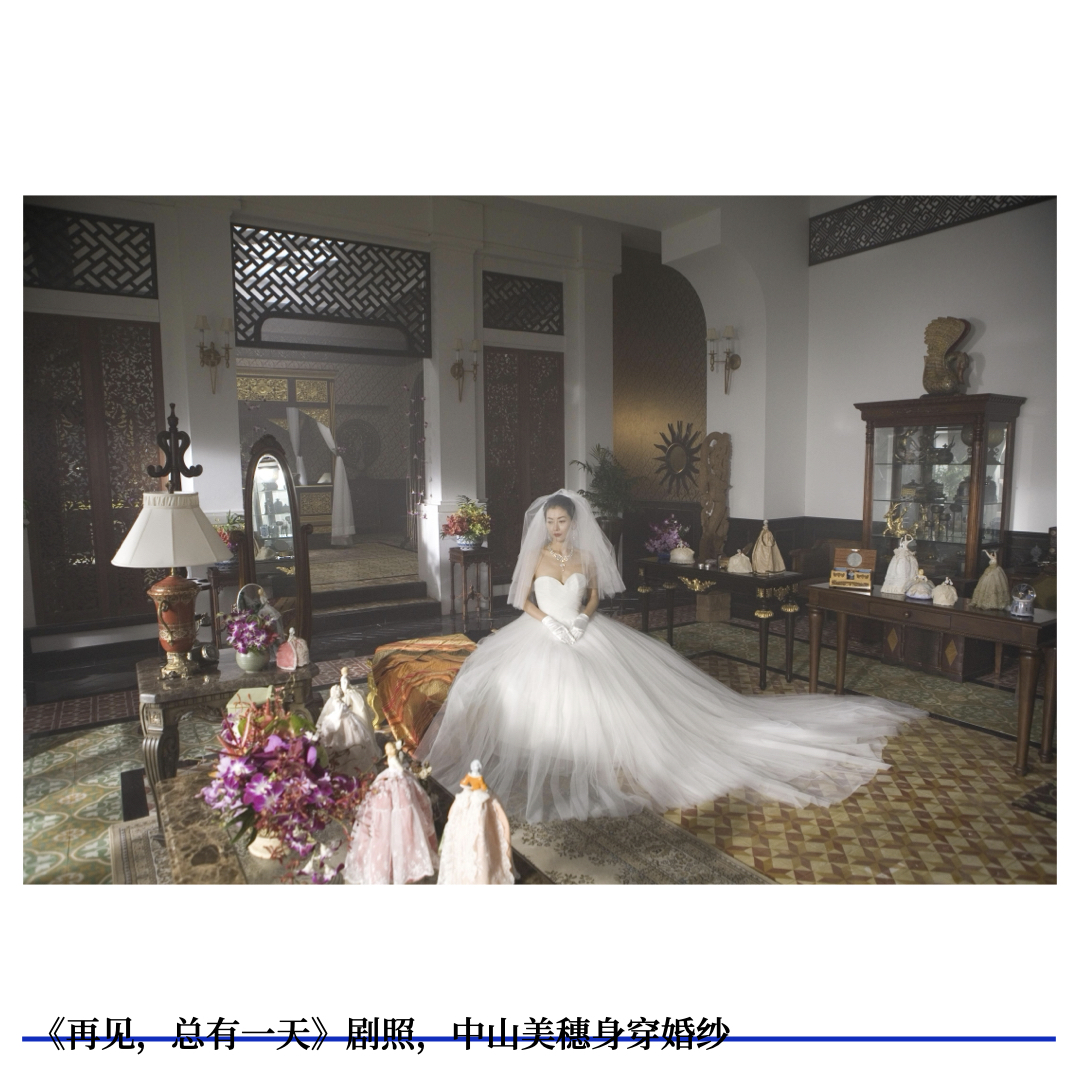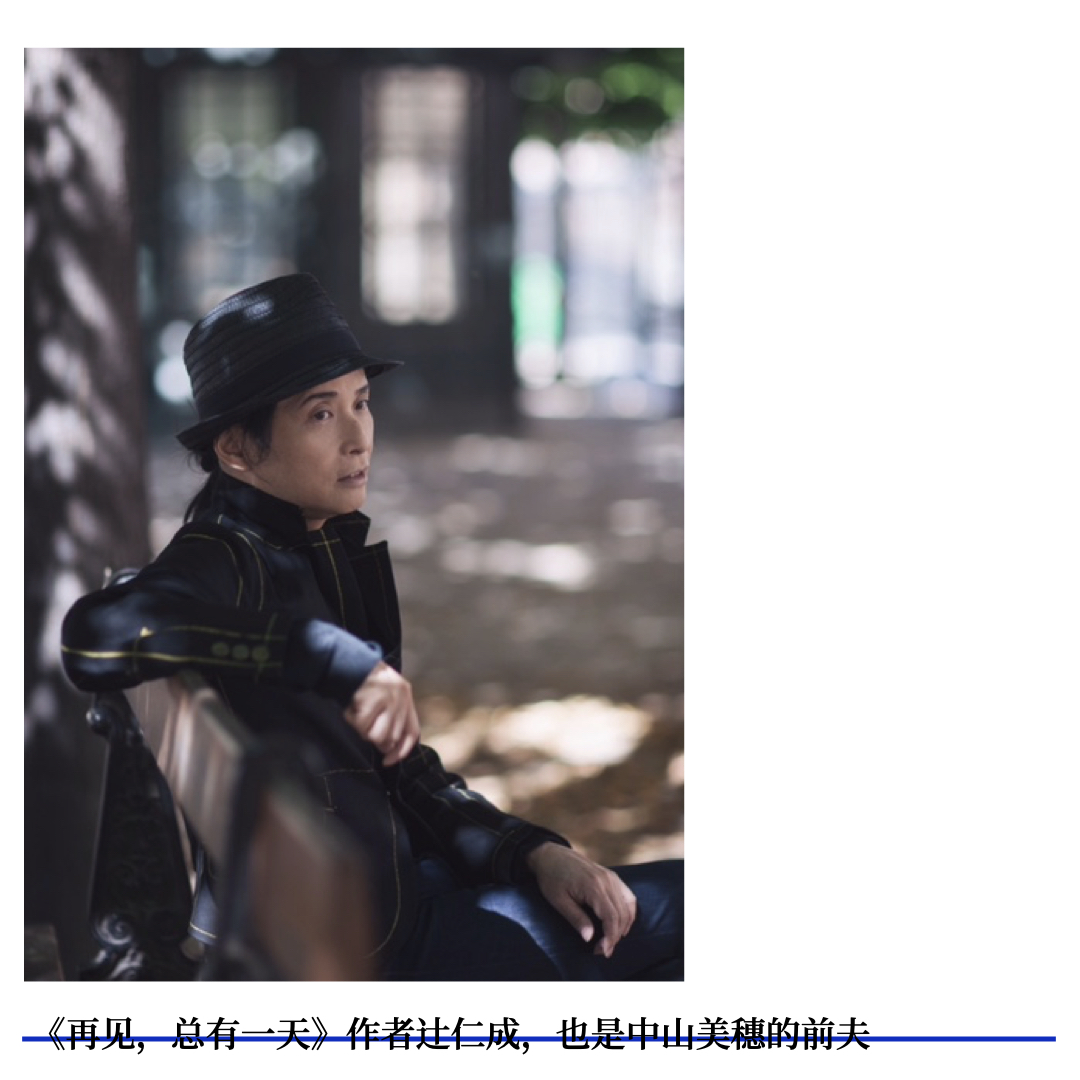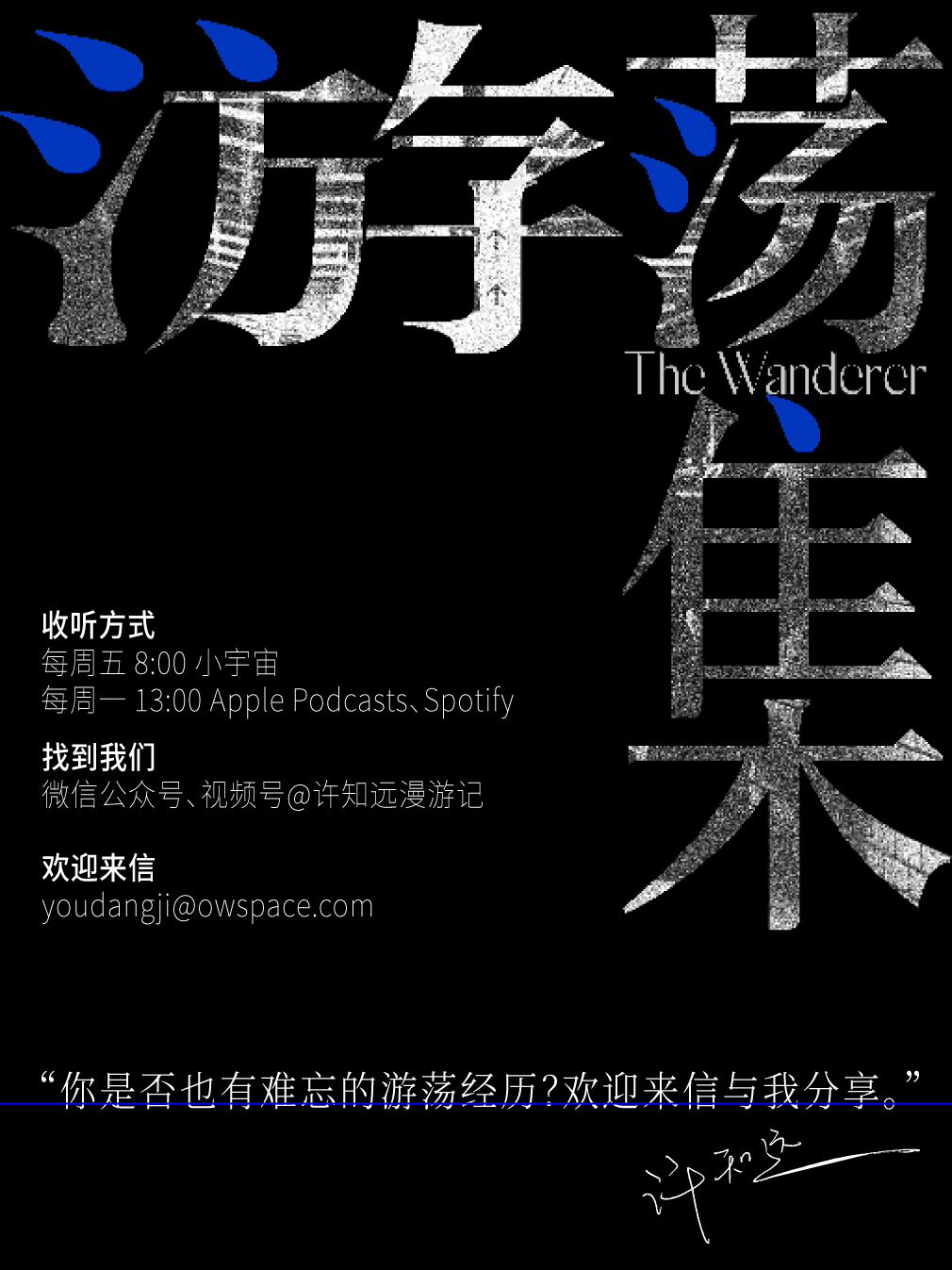
Deep Dive
What is the central theme of the movie 'Goodbye, Someday'?
The central theme of 'Goodbye, Someday' revolves around a passionate yet seemingly inappropriate love affair set in 1975 Bangkok during Japan's economic boom. The story explores the tension between societal expectations and personal desires, as the protagonist, a 'model youth' engaged to be married, becomes entangled in a deeply emotional and physical relationship with another woman. The film questions whether intense passion can transform into lasting emotional bonds and whether such fleeting moments can outweigh decades of commitment.
How does the movie 'Goodbye, Someday' reflect the cultural and societal pressures of 1970s Japan?
The movie reflects the cultural and societal pressures of 1970s Japan through its portrayal of the protagonist, a 'model youth' who is expected to follow a conventional life path, including marriage and career success. The affair he engages in represents a rebellion against these norms, highlighting the tension between individual desires and societal expectations. The film also captures the influence of Western culture, such as the presence of Elvis Presley's music in Bangkok bars, symbolizing the global cultural shifts impacting Japan during its economic rise.
What role does the Oriental Hotel's Maugham Suite play in the movie?
The Oriental Hotel's Maugham Suite serves as a symbolic and romantic setting in the movie. It is where the protagonists meet and their relationship deepens, representing a space of escape from societal norms and a place where their forbidden love flourishes. The suite, named after the famous writer Somerset Maugham, adds a layer of literary and historical significance, evoking a sense of timelessness and sophistication that mirrors the characters' complex emotions.
How does the character of Miho Nakayama in 'Goodbye, Someday' embody freedom and rebellion?
Miho Nakayama's character in 'Goodbye, Someday' embodies freedom and rebellion through her bold and passionate nature. She challenges the protagonist's conventional life by engaging in a relationship that defies societal norms. Her carefree and daring attitude contrasts with the protagonist's 'model youth' persona, symbolizing a break from tradition and an embrace of personal desires over societal expectations. Her character's free-spiritedness and emotional intensity make her a catalyst for the protagonist's internal conflict and eventual transformation.
What is the significance of the song 'Goodbye, Someday' in the movie?
The song 'Goodbye, Someday' serves as a poignant reflection of the movie's themes of love, loss, and the inevitability of parting. It underscores the emotional weight of the characters' relationship, emphasizing the transient nature of their connection and the lingering impact it has on their lives. The song's melancholic tone mirrors the bittersweet reality of their love story, where passion and separation coexist, leaving a lasting impression on both the characters and the audience.
How does the movie explore the concept of memory and its role in shaping relationships?
The movie explores memory as a powerful force that shapes relationships by highlighting how the protagonists' brief yet intense affair leaves a lasting imprint on their lives. Despite their eventual separation, the memories of their time together continue to influence their emotions and decisions. The film suggests that such memories can become a source of both joy and pain, as they serve as reminders of what was lost and what could have been, ultimately shaping the characters' understanding of love and regret.
- 70后一代对外部世界的想象
- 《再见,总有一天》电影背景设定在1975年的曼谷
- 对影片中一段炽热恋情的解读
Shownotes Transcript
 54岁,她度过了非常浓缩的一生。因为中山美穗的离世,我重看了她和西岛秀俊主演的电影,《再见,总有一天》。故事发生在1975年的曼谷,那也是日本经济起飞的时候。我记得电影里的曼谷风光,酒吧里有人在唱猫王,还有他俩约会的场所,东方酒店的毛姆套房。
54岁,她度过了非常浓缩的一生。因为中山美穗的离世,我重看了她和西岛秀俊主演的电影,《再见,总有一天》。故事发生在1975年的曼谷,那也是日本经济起飞的时候。我记得电影里的曼谷风光,酒吧里有人在唱猫王,还有他俩约会的场所,东方酒店的毛姆套房。
那是一段炽热的,看起来不正确的恋情,脱离惯性,内心充满纠葛,却仍然被欢愉所吸引。中山美穗在电影中有一颗自由的灵魂,大胆而热烈,又总是带着一种漫不经心,她经常嘲笑西岛秀俊饰演的东垣是个“模范青年”,他有未婚妻,有一条正确的人生道路。所以,起初一切都是漫不经心的,随时会结束的,结果反而带来一种特别强烈的依恋。
我喜欢两人初遇时的浓情,但又不太愿意面对人生的分离,我怀疑过分强烈的情感,有一种下意识的抵触和回避。可能因为没当过模范青年,所以不是很理解那种感受。情欲会转化成牢固的情感纽带吗,四个月可以压过几十年吗,爱说出口的瞬间会像冰一般融化吗?我不知道,情感让人困惑。
“总有一天,我们都要说再见。但有一天,我们会再相见。人死前,有人会想起曾经被爱,有人则会想起曾经爱过。”再见,中山美穗。
|时间线|
00:40 70后一代年轻时对外部世界的想象
03:30 一段炽热而看起来不正确的恋情
06:05 十年前去仰光旅行
06:55 曼谷的毛姆套房
09:00 漫不经心反而带来一种强烈的依恋
11:45 《再见,总有一天》
15:20 辻仁成和中山美穗
22:00 模仿青年变得不模范了
25:25 光子的诗
|本期Pick|
🎵再见,总有一天)
电影《再见,总有一天》插曲,由Haster作曲。
本片根据辻仁成的同名小说改编,由李宰汉执导,中山美穗、西岛秀俊和石田百合子主演。
[日]辻仁成 |上海文艺出版社|99读书人|章蓓蕾 译|2014-6
1975年,供职于日本东部航空驻泰国分公司的东垣内丰是一位年轻有为、稳重干练的“好青年”,他即将和女友寻末光子完婚,却在这时邂逅了美丽的妇人真中沓子。仿佛被施了魔咒一般,丰陷入与沓子亦情亦欲的缠绵中,因为婚约他最后选择与沓子分手,25年后,两人又重逢在曼谷……


 |节目中提到的作品|
|节目中提到的作品|
《东京爱情故事》(1991)),导演:永山耕三/本间欧彦
《情书》(1995)),导演:岩井俊二
《燕尾蝶》(1996)),导演:岩井俊二
《城市猎人》),[日]北条司
《007之黄金眼》(1995)),导演:马丁·坎贝尔
《安静的美国人》),[英] 格雷厄姆·格林
|节目中提到的主要作家、公众人物、事件|
中山美穗(Miho Nakayama,1970-2024),生于东京都小金井市,歌手、演员
岩井俊二(Shunji Iwai),1963年生于日本宫城县仙台市,毕业于横滨国立大学,导演、作家
永尾完治,《东京爱情故事》男主角,由织田裕二饰演,剧中赤名莉香(铃木保奈美 饰)喊他“丸子”
樱木花道,井上雄彦漫画《灌篮高手》中的男主角
冴羽獠,北条司漫画《城市猎人》中的男主角
西岛秀俊(Hidetoshi Nishijima),1971年生于日本东京都八王子市,日本演员
比吉斯(Bee Gees),1958年成立于澳大利亚的流行音乐组合,由来自英国的三兄弟巴里·吉布、罗宾·吉布、莫里斯·吉布组成
威廉·萨默塞特·毛姆(William Somerset Maugham,1874-1965),英国小说家、剧作家
格雷厄姆·格林(Graham Greene,1904-1991),英国作家、编剧、文学评论家
辻仁成(Hitonari Tsuji),1959年生于东京都,进成城大学后中途退学,日本当代作家、编剧 、导演、演员,凭借《海峡之光》获得第116届芥川奖
司马辽太郎(しばりょうたろう,1923-1996),作家,生于大阪,原名福田定一,其笔名乃取自“远不及司马迁之太郎”之意
|节目中使用的音乐|
Silent) - 中山美穂
Massachusetts) - Bee Gees
Rigoletto, Act 1Gualtier Maldè ...Caro nome (Gilda, Borsa, Ceprano, Marullo)) - Maria Callas
Concerto No.5 in F minor, BWV 1056II. Largo) - Columbia Symphony Orchestra,Glenn Gould
TWO ROADS) - AAA
卡门) - 葛兰
If You Don't Know Me By Now) - Harold Melvin & The Blue Notes
|关于「游荡集」|
出品:单向空间
制作人:赵艺 王十三
内容编辑:左尧依
商务:赵艺 李晓璐
视觉设计:涂书玉
原创音乐:龙飞 任乐

